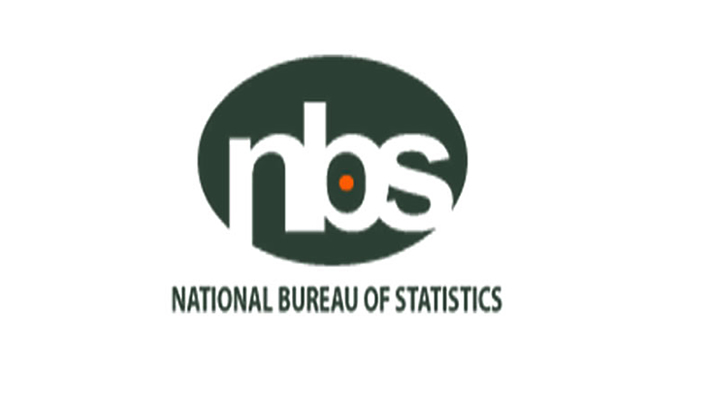
The NBS said this in its Nigeria Capital Importation Q4 2022 report released on Wednesday in Abuja.
The report said the Q4 figure was lower than the 2,187.63 million dollars recorded in Q4 2021, indicating a decrease of 51.51 per cent.
“When compared to the preceding quarter, capital importation also fell by 8.53 per cent from $1,159.67 million in Q3 2022.’’
It said the largest capital importation during the period was received from other investments, which accounted for 65.17 per cent ($691.23 million) of total capital imported in Q4 2022.
The report said this was followed by Portfolio Investment with 26.89 per cent ($285.26 million) and Foreign Direct Investments with 7.94 per cent ($l84.23 million).
“Disaggregated by Sectors, capital importation into the production sector recorded the highest inflow of $392.54 million, representing 37.01 per cent of total capital imported in Q4 2022.
“This was followed by capital imported into the banking sector, valued at $255.45 million (24.08 per cent ), and Telecoms with $168.27 million (15.86 per cent ).’’
The NBS said Capital Importation by Country of Origin reveals that capital from the United Kingdom ranked top in Q4 2022 with $455.24 million, accounting for 42.92 per cent.
The report said this was followed by the Republic of South Africa and the United Arab Emirates valued at $119.31 million (11.25 per cent ) and $116.82 million (11.01 per cent ), respectively.
By Destination of Investment, it said Lagos state remained the top destination in Q4 2022 with $600.54 million, accounting for 56.62 per cent of total capital investment in Nigeria.
The report said this was followed by Abuja (FCT), valued at $424.50 million (40.02 per cent).
It said Categorisation of Capital Importation by banks shows that Citibank Nigeria Limited ranked top in Q4 2022 with $$308.72 million (29.10 per cent).
“This was followed by Standard Chartered Bank Nigeria Limited with $232.45 million (21.91 per cent ) and Rand Merchant Bank with $102.00 million (9.62 per cent).
It, however, said on an annual basis, capital importation was $5,328.88 million in 2022, showing a decrease of 20.47 per cent from $6,700.51 million in 2021.”
Similarly, the total value of capital importation into Nigeria in Q3 2022 stood at $1,159.67 million from $1,731.37 million in Q3 2021.
The Nigeria Capital Importation report for Q3 2022 said the figure indicated a decrease of 33.02 per cent.
“When compared to the preceding quarter, capital importation fell by 24.47 per cent from $1,535.35 million in Q2 2022.’’
It said the largest capital importation in Q3 2022 was received through other investments, which accounted for 54.83 per cent ($635.87 million).
“This was followed by Portfolio Investment with 38.12 per cent ($442.08 million) and Foreign Direct Investments with 7.05 per cent ($81.72 million).’’
Disaggregated by Sectors, the report showed that capital importation into banking had the highest inflow of $368.95 million, representing 31.82 per cent of total capital imported in Q3 2022.
“This was followed by the financing sector, valued at $314.90 million (27.15 per cent), and capital importation in shares with $104.58 million (9.02 per cent).’’
The report said Capital Importation by Country of Origin revealed that capital from the United Kingdom ranked top in Q3 2022 with $506.87 million, accounting for 43.7 per cent.
It said this was followed by Singapore and Hong Kong valued at $184.86 million (15.94 per cent) and $106.39 million (9.17 per cent).
By Destination of Investment, the report showed Lagos state remained the top destination in Q3 2022 with $839.71 million, accounting for 72.41 per cent of total capital investment in Nigeria.
It said this was followed by Abuja (FCT), valued at $303.81 million representing 26.20 per cent.
The NBS said Categorisation of Capital Importation by banks showed that Stanbic IBTC Bank Plc ranked top in Q3 2022 with $301.84 million representing 26.03 per cent.
“This was followed by Citibank Nigeria Limited with $274.19 million (23.64 per cent) and Standard Chartered Bank Nigeria Limited with $233.34 million (20.12 per cent).
NAN














